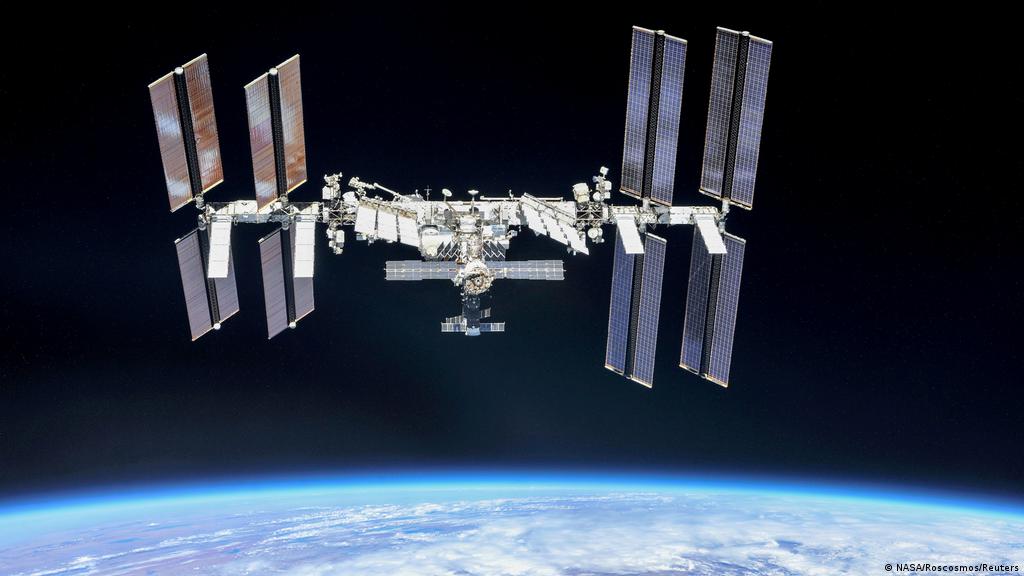NASA offers retired astronauts to lead private flights to the ISS

According to a notice published today by NASA, the agency will soon require a former astronaut to serve as mission commander on all commercial flights to the International Space Station. The regulation — which has yet to be approved – is designed both to enhance passenger safety and alleviate any stress on current ISS operations. The retired astronauts would give "experienced assistance for private astronauts throughout pre-flight preparation through mission execution."
Several adjustments will also have an impact on space tourists, including new medical standards for private astronauts, more lead time for private research projects, modifications to the return cargo policy, and private astronaut acclimatization time.
According to the notification, the new rules were a result of “lessons learned” from last April's Axiom Space mission, when passengers paid $55 million each to fly on the first commercial astronaut mission to ISS. According to astronauts' interviews following the mission's return, both the ISS crew and the Axiom crew struggled with the hectic two-week journey, which featured trips for both crews.
The Ax-1 mission had a former NASA astronaut at the wheel — Michael López-Alegría, who is now the Chief Astronaut at Axiom. The company was considering crewing further missions without a professional astronaut on board to free up room for an extra (paying) passenger aboard, according to Axiom president Michael Suffredini, who made remarks during a press conference earlier this year. It's plausible that this new NASA regulation is aimed at preventing such undertakings.
There aren't a lot of people who can do it. The term "spacefarer" refers to someone that has traveled into space. At the moment, there are well over 200 living retired NASA astronauts, according to the agency's website - though how many would be willing to command future missions or satisfy medical standards is uncertain. NASA itself is experiencing an astronaut shortage, with its current crew of 44 astronauts the smallest since the 1970s. According on January 31 report from NASA, a lack of operational NASA astronauts could make future moon and ISS missions more difficult.
Source: www.engadget.com